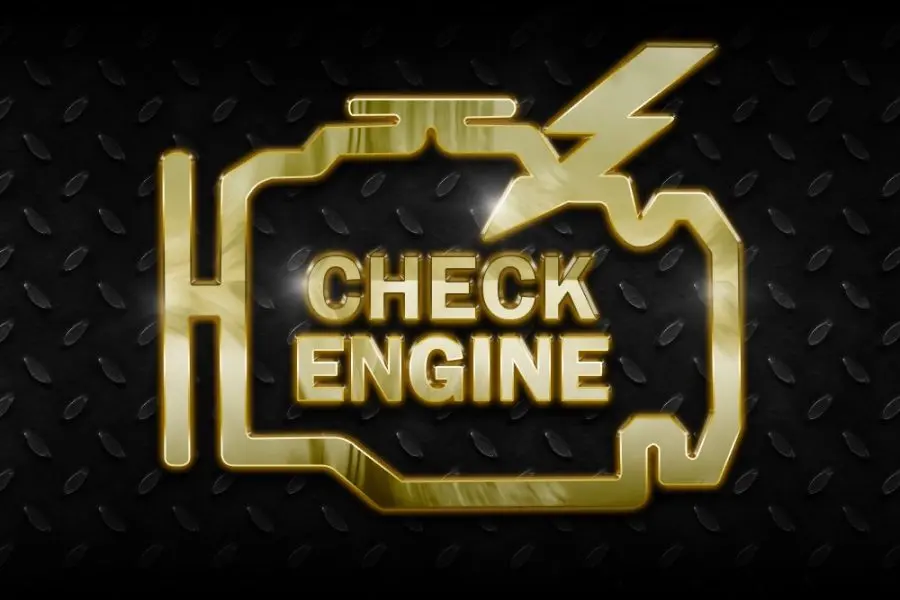
P20DD Exhaust Gas Aftertreatment Fuel Pressure Sensor Circuit
Content
- P20DD Exhaust Gas Aftertreatment Fuel Pressure Sensor Circuit
- OBD-II DTC Datasheet
- What does this mean?
- What is the severity of this DTC?
- What are some of the symptoms of the code?
- What are some of the common causes for the code?
- What are the P20DD troubleshooting steps?
- Related DTC discussions
- Need more help with your P20DD code?
P20DD Exhaust Gas Aftertreatment Fuel Pressure Sensor Circuit
OBD-II DTC Datasheet
Exhaust Gas Aftertreatment Fuel Pressure Sensor Circuit
What does this mean?
This Diagnostic Trouble Code (DTC) is a generic transmission code and applies to many OBD-II vehicles (1996 and newer). This may include, but is not limited to, Mercedes Benz, Mitsubishi, etc. Despite the general nature, the exact repair steps may vary depending on the model year, make, model and transmission configuration.
A stored P20DD code in your diesel vehicle means the powertrain control module (PCM) has detected an abnormal voltage on the aftertreatment fuel pressure sensor circuit.
An Exhaust Aftertreatment System (also called a Selective Catalyst Recovery System) is used to enhance the capabilities of the catalytic exhaust gas system. It can consist of one or more of these elements; diesel oxidation catalyst, particulate filter, reducing agent injection system, ammonia slip catalyst and nitrogen oxide (NOx) trap.
A reductant injection system typically consists of at least one reductant injector, a reductant storage tank, and high pressure reductant fuel lines. An electronic high pressure pump is usually located in the tank or in the fuel supply line. The EAS fuel pressure sensor allows the controller to monitor the system pressure when the feed pump is turned on. It is in this circuit that the malfunction was detected while the P20DD code was stored.
Among other things, exhaust gas aftertreatment systems (EAS) are responsible for injecting a reductant / diesel engine fluid (DEF) compound into the exhaust gases upstream of the particulate filter, NOx trap and / or catalytic converter via an automated fluid storage. and injection system. The precisely calculated DEF injections raise the temperature of the various filter elements and enable them to operate more efficiently. The addition of DEF to the catalytic system extends the life of the filter element and reduces emissions of harmful exhaust gases into the atmosphere.
EAS systems and catalysts are monitored and controlled by either the PCM or a stand-alone controller (which interacts with the PCM). The controller monitors the pressure in the reductant injection system, the O2, NOx and exhaust gas temperature sensors (as well as other inputs) to determine the appropriate timing for the DEF (reductant) injection.
If the PCM detects an improper circuit voltage for the EAS fuel pressure sensor, a P20DD code will be stored and the malfunction indicator lamp may illuminate.

What is the severity of this DTC?
A stored P20DD code should be treated as serious and should be dealt with as soon as possible. The EAS system can be damaged as a result of conditions that contributed to the persistence of the P20DD code.
What are some of the symptoms of the code?
Symptoms of a P20DD trouble code may include:
- Reduced engine performance
- Excessive black smoke from vehicle exhaust
- Decreased fuel efficiency
- Other codes related to EAS / SCR
What are some of the common causes for the code?
Reasons for this code may include:
- Defective fuel pressure sensor EAS
- Defective EAS fuel pump
- Open or short circuit of the wiring in the EAS fuel pressure sensor circuit
- Bad EAS / PCM controller or programming error
What are the P20DD troubleshooting steps?
Diagnosing a P20DD code will require a diagnostic scanner, digital volt / ohmmeter (DVOM), and vehicle-specific diagnostic source.
Search for a Technical Service Bulletin (TSB) that matches the year of manufacture, make and model of the vehicle; as well as engine displacement, stored codes, and detected symptoms can provide useful diagnostic information.
I like to start my diagnosis with a visual inspection of the EAS wiring harnesses and connectors. Burnt or damaged wiring and / or connectors must be repaired or replaced before proceeding.
I would proceed by connecting the scanner to the vehicle's diagnostic connector and retrieving all stored codes and associated freeze frame data. Make a note of this information before clearing codes. Test drive the vehicle until the PCM enters readiness mode or the code is cleared.
If the PCM enters ready mode during this time, the code is intermittent and can be much more difficult to diagnose. If so, the conditions that contributed to the retention of the code may need to worsen before an accurate diagnosis can be made.
If the code resets immediately, the next diagnostic step will require searching the vehicle information source for diagnostic block diagrams, pinouts, connector faces, and component test procedures and specifications.
Use the DVOM to check (voltage drop) on all EAS fuel system grounds. Continue testing the EAS control system power supply. Check the fuses with a loaded circuit to avoid misdiagnosis.
If all system fuses are OK, use the DVOM to test the EAS fuel pressure sensor and sensor circuits. If any of these components do not meet manufacturer's specifications, suspect that it is defective.
- Do Not Forget Ground Loops When Testing Voltage Drop
Related DTC discussions
- There are currently no related topics in our forums. Post a new topic on the forum now.
Need more help with your P20DD code?
If you still need help with DTC P20DD, post a question in the comments below this article.
NOTE. This information is provided for informational purposes only. It is not intended to be used as a repair recommendation and we are not responsible for any action you take on any vehicle. All information on this site is protected by copyright.

